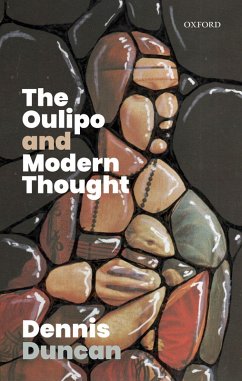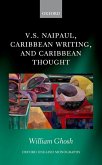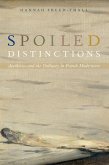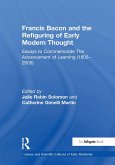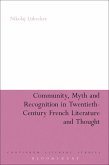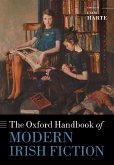The impact of the Oulipo (Ouvroir de Littérature Potentielle), one of the most important groups of experimental writers of the late twentieth century, is still being felt in contemporary literature, criticism, and theory, both in Europe and the US. Founded in 1960 and still active today, this Parisian literary workshop has featured among its members such notable writers as Italo Calvino, Georges Perec, and Raymond Queneau, all sharing in its light-hearted, slightly boozy bonhomie, the convivial antithesis of the fractious, volatile coteries of the early twentieth-century avant-garde. For the last fifty years the Oulipo has undertaken the same simple goal: to investigate the potential of 'constraints' in the production of literature-that is, formal procedures such as anagrams, acrostics, lipograms (texts which exclude a certain letter), and other strange and complex devices. Yet, far from being mere parlour games, these methods have been frequently used as part of a passionate-though sometimes satirical-involvement with the major intellectual currents of the mid-twentieth century. Structuralism, psychoanalysis, Surrealism, analytic philosophy: all come under discussion in the group's meetings, and all find their way in the group's exercises in ways that, while often ironic, are also highly informed. Using meeting minutes, correspondence, and other material from the Oulipo archive at the Bibliothèque nationale de France, The Oulipo and Modern Thought shows how the group have used constrained writing as means of puckish engagement with the debates of their peers, and how, as the broader intellectual landscape altered, so too would the group's conception of what constrained writing can achieve.
Dieser Download kann aus rechtlichen Gründen nur mit Rechnungsadresse in A, B, BG, CY, CZ, D, DK, EW, E, FIN, F, GR, HR, H, IRL, I, LT, L, LR, M, NL, PL, P, R, S, SLO, SK ausgeliefert werden.

